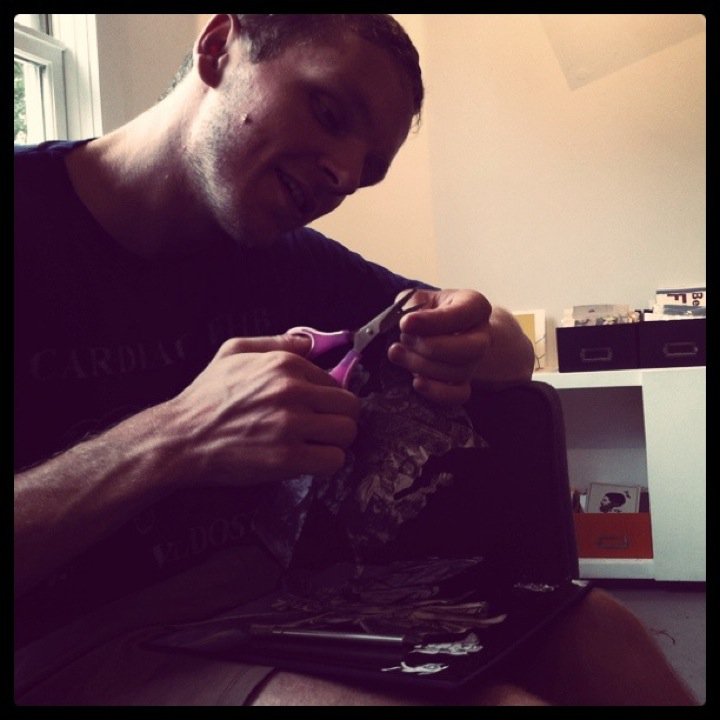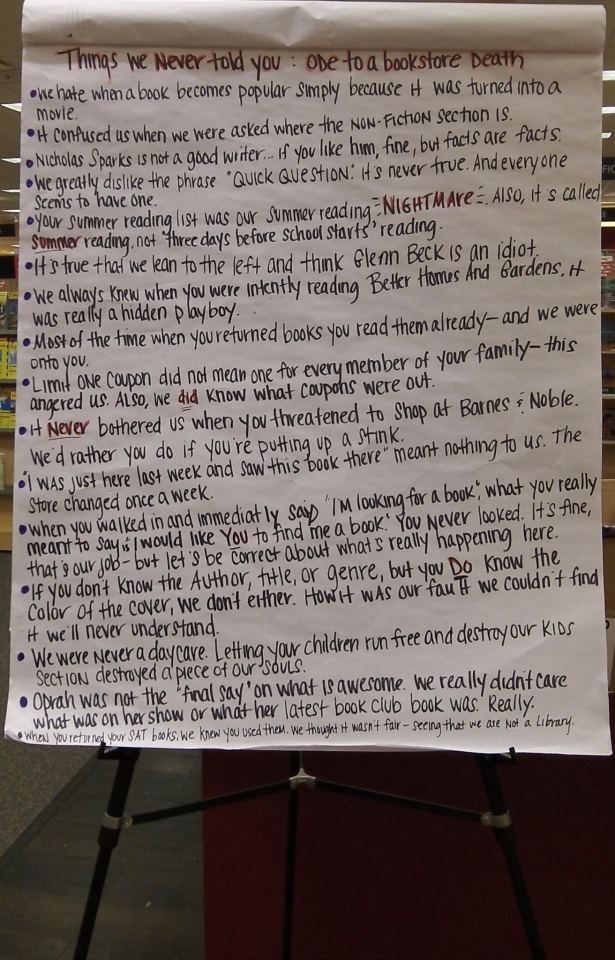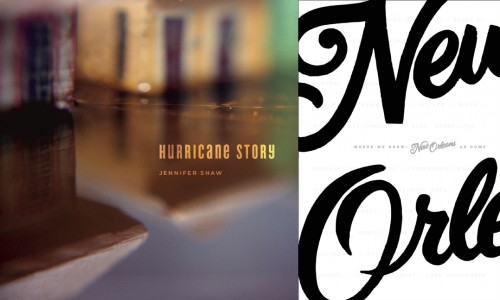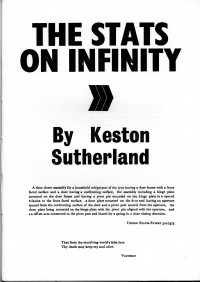
2011 has been a big year for Mark Leidner. Besides being one of the best things going on twitter, he’s also released two books: The Angel in the Dream of Our Hangover, a book of aphorisms from Sator Press; and Beauty Was The Case That They Gave Me, a book of poems from Factory Hollow Press. Each are singular in that they somehow manage to be both hilarious and uncannily gorgeous in their method of exploration, seeming to hyper-compress big ideas into forms that in lesser hands would seem absurd. Over the past couple weeks, Mark and I exchanged some emails about his books, sincerity, humor, religion, logic, and terror, among other things.
* * *
Butler: The Angel in the Dream of Our Hangover reads mostly like a book of aphorisms, which is an interesting format to take up. I think a lot of it reads as very sincere, even when it is using strange spins on the traditional aphorism, such as fatherfucker, or what some would consider “ridiculous imagery” such as punching water. I wonder if you knew you were writing a book of aphorisms, if you see it that way, and how this began to come together and form a book?
Leidner: I was trying to write aphorisms on purpose. The book didn’t begin that way though. Initial drafts contained more ironic or jokier stuff – the kind of thing that in the heat of the moment on Twitter can be exciting – which is how Ken Baumann the publisher first approached me – proposing a book that would begin as a carefully selected arrangement of tweets – but as the book grew, we felt the center start to cohere around the aphorism. A line like “what if hot dogs were the cut off horns of meat unicorns” can be interesting on Twitter because in Twitter it will burst into your feed like a surprise, it’ll be free, and there won’t by any high-minded literary expectation waiting for it in you. But copied & pasted into the literary form of the book and it becomes much more boring (at least to me) especially if it’s a book I’ve paid for, because while briefly interesting, its central juxtaposition doesn’t target anything I more than superficially care about. Great tweets give you a huge reward up front at the expense of lasting power. But a good aphorism rewards you more the more you think about it, partly because it is attached to some enduring concern. But that’s their downfall. Generalizing about grand themes is didactic – so the challenge of writing them in a way that honored complexity was very exciting, and pushed me into ridiculous imagery that felt both personal and universal. READ MORE >






